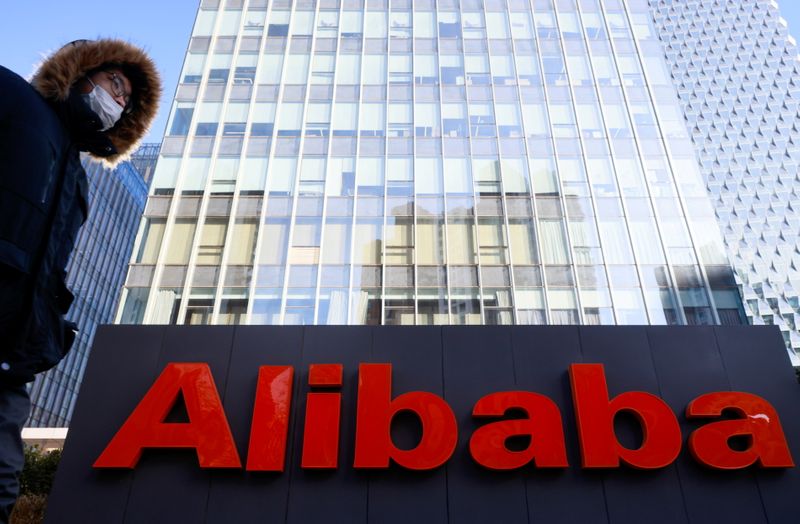By Ambar Warrick
Investing.com -- Asian stock markets were a mixed bag on Wednesday amid caution over upcoming inflation data, while major Chinese technology stocks surged as the government signaled less strict measures against the sector.
Hong Kong's Hang Seng index was the best-performing Asian bourse on Wednesday, rallying more than 1% to a six-month high. Major Chinese technology firms Alibaba Group Holding Ltd (HK:9988) and Tencent Holdings Ltd (HK:0700) were among the biggest boosts to the index, rising between 3% and 5% after China earlier this week signaled that it will wind down regulatory scrutiny of the country’s biggest internet firms.
The move heralds easier operating conditions for local technology firms, which were harangued by a government crackdown for nearly three years. But Beijing’s shift in stance comes as the government is struggling to shore up weak economic activity amid renewed headwinds from the COVID-19 pandemic.
Gains in technology stocks also lifted Chinese bourses, with the Shanghai Shenzhen CSI 300 and the Shanghai Composite indexes adding about 0.3% each. Markets are now awaiting Chinese consumer price index data due on Thursday to gauge whether price pressures improved with the lifting of anti-COVID restrictions.
Broader Asian stocks were in a mixed range, with risk-heavy bourses in Southeast Asia trading red as markets turned cautious ahead of key U.S. CPI inflation data due on Thursday. Indonesian stocks were the worst performers in the region, falling 0.5%.
Japan’s Nikkei 225 index added nearly 1%, with export-oriented stocks gaining on recent weakness in the Japanese yen. Shares of Fast Retailing Co., Ltd. (TYO:9983), which operates the popular clothing brand Uniqlo, rose 1.1% after it said it will boost its wages by as much as 40%.
India’s Nifty 50 and BSE Sensex 30 indexes also retreated ahead of CPI inflation data due on Thursday, which is expected to show that Indian price pressures remained steady in December.
Markets are now awaiting more cues on U.S. economic health from the CPI reading, which is expected to show that inflation eased further in December from the prior month.
The reading is likely to elicit a positive response from Asian markets, given that it puts less impetus on the Federal Reserve to keep hiking interest rates at a sharp clip. Rising U.S. rates had battered Asian markets through 2022, with traders fearing a similar trend in 2023, given that inflation is still well above the Fed’s target range.
Australia’s ASX 200 index surged 0.9% after data showed that retail sales grew more than expected in November, thanks largely to the Black Friday shopping event. But a separate reading showed that CPI inflation in the country bounced back to a 30-year high in November.
